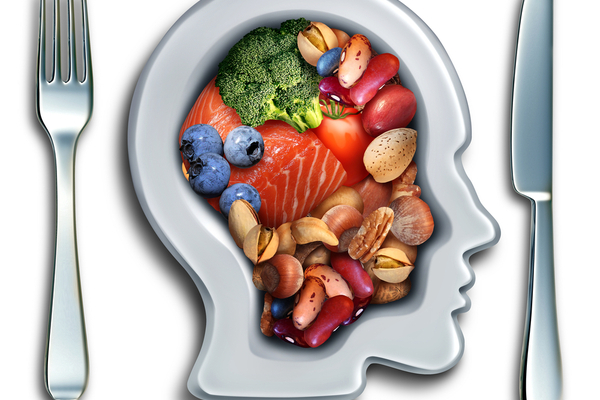There is no denying that the food and beverages we consume can have positive or negative health implications. As such, consuming certain foods and limiting others can help promote brain health and prevent decline. For example, a May study published in Neurology stated that the Mediterranean Diet may limit your risk for dementia. This way of eating limits processed foods and red meats in favor of fresh fruits and vegetables, nuts and seeds, whole grains, and extra-virgin olive oil.
Unfortunately, due to challenges conducting nutrition studies, enough valid research does not yet exist showing a clear and direct correlation between a particular style of diet and better brain health. Consequently, in his latest book, “Keep Sharp: Build a Better Brain at Any Age,” Dr. Sanjay Gupta does not point to any one diet plan as better than another but instead gives general nutrition advice based on current science, which he outlines using the acronym SHARP:
S: Slash sugar.
Research abounds on the negative health implications of too much sugar, but controlling blood sugar is also an important component of brain health since diabetes shows a strong link to dementia risk. Gupta notes that “many well-designed studies have found that people with high blood sugar had a faster rate of cognitive decline than those with normal blood sugar.”
H: Hydrate smartly.
Even moderate dehydration is associated with cognitive deficits, so it’s important to stay hydrated.
A: Add omega-3s from natural sources.
Fatty fish are abundant in omega-3 fatty acids, which have been linked to lower blood levels of beta-amyloid, the protein found to form damaging clumps in the brain of those with Alzheimer’s disease.
R: Reduce portion sizes.
Portion control is an important aspect of brain health as obesity is linked to higher risk of dementia.
P: Plan meals ahead of time.
Planning ahead enables us to keep brain health in mind when we set our menus, helping us make better choices about the foods we eat.
—
Photo Credit: Lightspring / Shutterstock.com
